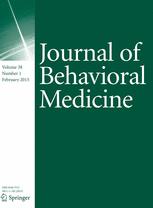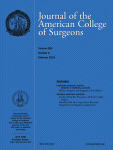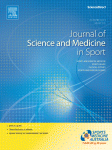 Fifteen days after publishing a widely-criticized article linking anecdotal health problems to the HPV vaccine Gardasil, the Toronto Star has issued a retraction.
Fifteen days after publishing a widely-criticized article linking anecdotal health problems to the HPV vaccine Gardasil, the Toronto Star has issued a retraction.
The Page 1 story, “A wonder drug’s dark side,” was full of health horror stories from women who became sick “sometime after” the vaccine, as the retraction notes – twitching limbs, feeding tubes, even death. Each of these stories came from the Vaccine Adverse Event Reporting System, a public database of anecdotes maintained by the U.S. government to help monitor rare side effects that might emerge when the vaccine is given to millions of people.
In mining this database of self-reported illness, the Star failed to give equal weight to the large body of scientific evidence that says Gardasil has very low rates of adverse effects and a huge public health benefit. The publisher’s note both acknowledges the criticism and explains where the story went wrong:
Continue reading A rare event: Toronto Star retracts fear-mongering vaccine story







